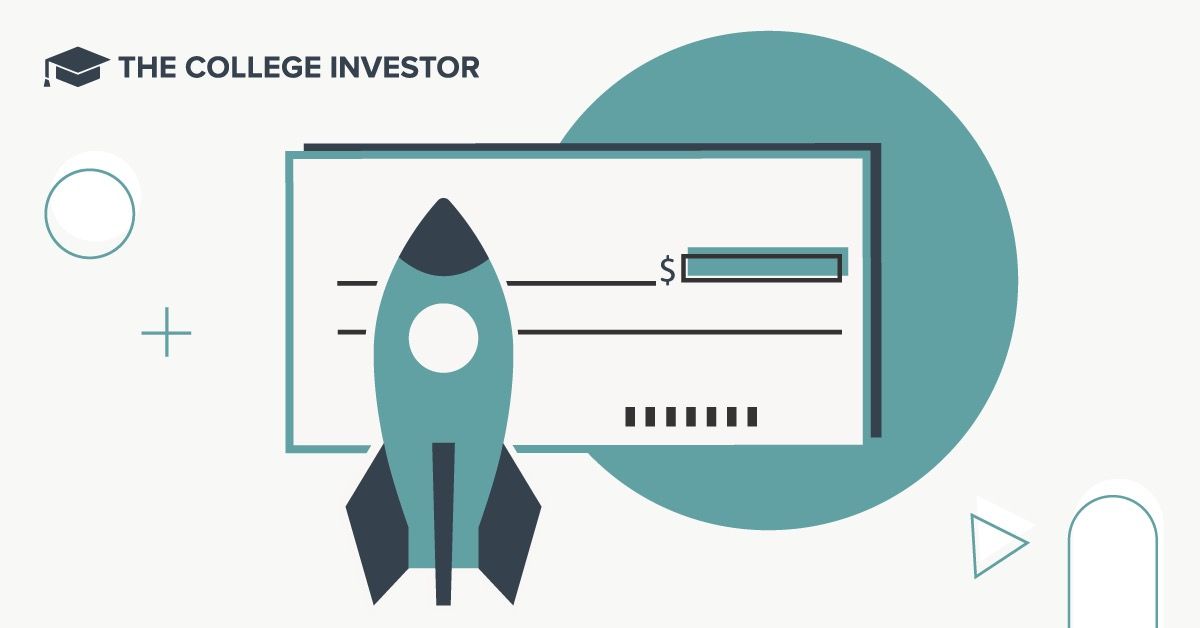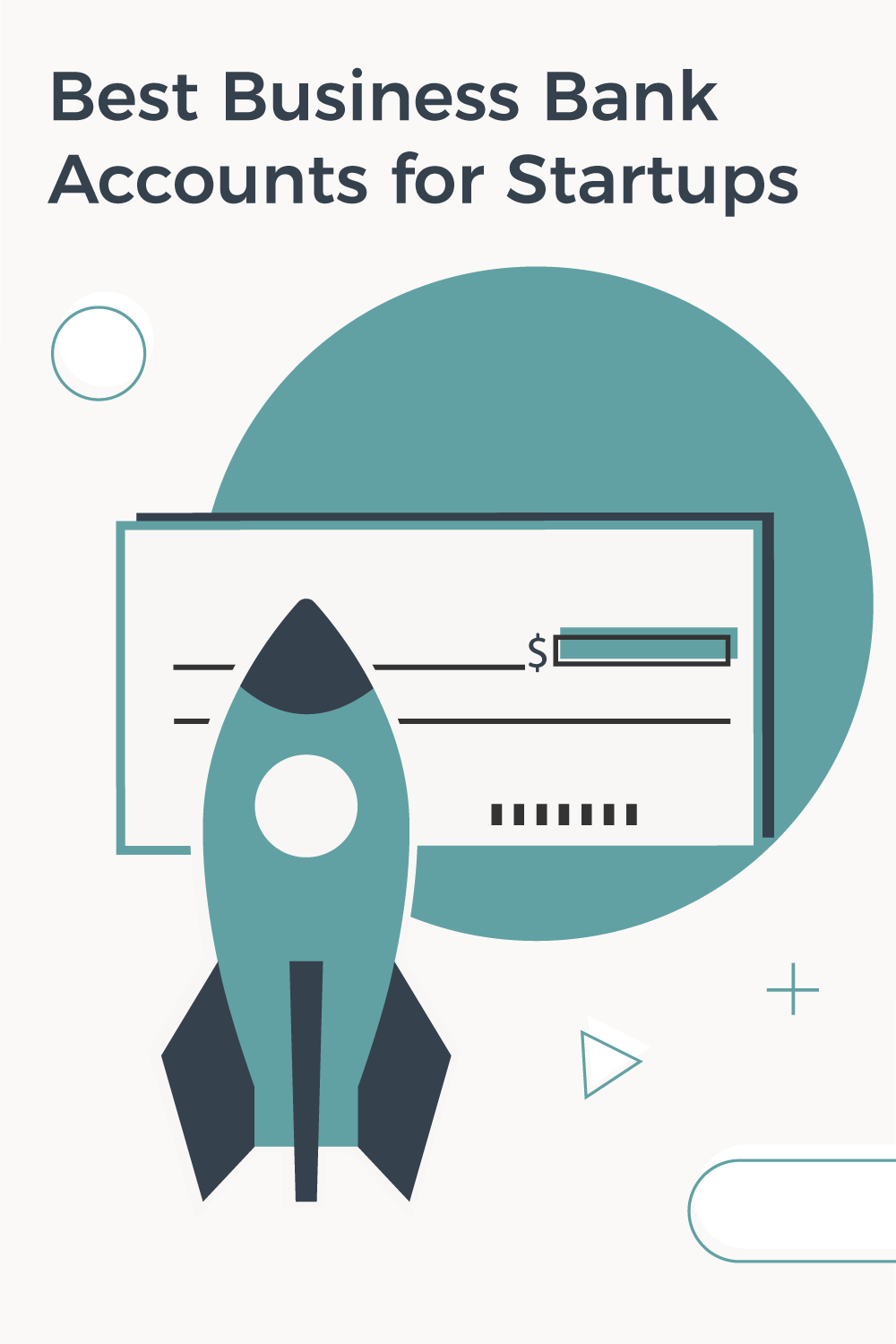
If you own a startup, you're used to wearing many hats. In addition to getting your business idea off the ground, you may also be responsible for HR, legal, payroll, accounting, marketing and sales.
But a startup business is no different than any other business in that you need to have a bank account that's separate from your personal accounts.
After all, the last thing you need is the added complication of mixing business and personal expenses. Many banks offer business checking accounts that are ideal for startups, and they're easy to open. In this article, I'll show you how a business bank account can simplify your business finances and allow you to concentrate on taking your startup to the next level.
Why Do Startups Need a Business Bank Account?
In most cases, it isn't an absolute requirement for a startup to have a separate business bank account (though check legal requirements for your state and business industry), but it's a best practice. Having a separate bank account makes recordkeeping, accounting, bookkeeping and taxes much more straightforward. It will also give your startup the credibility you need if you plan to bring on outside investors, raise seed capital and attract employees.
5 Best Business Bank Accounts for Startups
While there isn't a single "best" business bank account for startups, since every startup is different and has unique requirements, here are five different business bank accounts startups may want to consider:
- Grasshopper Business Banking — online bank with up to 2.25% APY and 1% cash back. Plus, no monthly fee and unlimited transactions. Learn more in our Grasshopper Bank review.
- Sofi Checking and Savings — You'll earn up to 4.40% APY on your balance. The account comes with no account, overdraft, or monthly fees
- BlueVine Business Checking — Earn 2.0% interest on your balance (up to $250,000) by meeting a monthly activity goal. No monthly or overdraft fees and unlimited transactions. For more details, check out our BlueVine review.
- Capital One Business Basic Checking — $5,000 in cash deposits included monthly at no charge, and a $15 / month fee (waived if you have an average balance over $2,000)
- Axos Small Business Banking — No monthly maintenance fees and up to a $200 bonus for opening a new account.
Choosing a Business Bank Account: What To Consider
Every startup has a different business model. When comparing bank accounts, one of the most important things to consider is the fees. While it can make sense to pay for an account, keep in mind that there are many business bank accounts that don't charge fees.
Some other things that you'll want to think about when choosing a startup business bank account is whether there are any transaction limits. Some startup bank accounts allow unlimited transactions, while others limit the number of withdrawals or deposits that you can make.
If your business accepts payments, you'll want to have an account that supports that. And if banking in person is important to you, choose a bank with branch locations close to you - otherwise, you might consider an online bank.
The Bottom Line
While you might start out using the same bank account that you've always had, you'll want to quickly open up a separate business bank account for your startup. It will help you keep your recordkeeping clean, and your accountant happy.
As you can see, there are many banks that offer business bank accounts, and each one comes with different features, benefits and fees. Review what each one has to offer, and choose the one that best meets your needs.
FAQs
Why should a startup have a business bank account?
While you might think a single bank account is easier, mixing your personal and business income and expenses in the same account is likely to cause problems. While it is possible to run a successful business by only using your personal bank account, your bookkeeper and accountant will both thank you if you separate out your business income and expenses. That will make it much easier to take advantage of all appropriate tax deductions and minimize the chances of making an error when filing your tax return.
Are there free business bank accounts for startups?
Yes, there are many banks that offer free bank accounts, depending on the services and features that you need. And many banks offer personal and small business accounts. You can find a free business bank account, but it may be worth paying for an account that offers all of the features and services that you need.
Is it necessary to have a separate bank account for a startup?
It isn't absolutely necessary to have a separate bank account for a startup in the sense that you can have a small startup without a separate bank account. However, you are likely going to run into logistical issues before too long if you don't separate out your finances. Especially by the time you start asking for investors or bringing in other people to your startup, you'll want to make sure you separate your banking.

Robert Farrington is America’s Millennial Money Expert® and America’s Student Loan Debt Expert™, and the founder of The College Investor, a personal finance site dedicated to helping millennials escape student loan debt to start investing and building wealth for the future. You can learn more about him on the About Page or on his personal site RobertFarrington.com.
He regularly writes about investing, student loan debt, and general personal finance topics geared toward anyone wanting to earn more, get out of debt, and start building wealth for the future.
He has been quoted in major publications, including the New York Times, Wall Street Journal, Washington Post, ABC, NBC, Today, and more. He is also a regular contributor to Forbes.
Editor: Colin Graves
